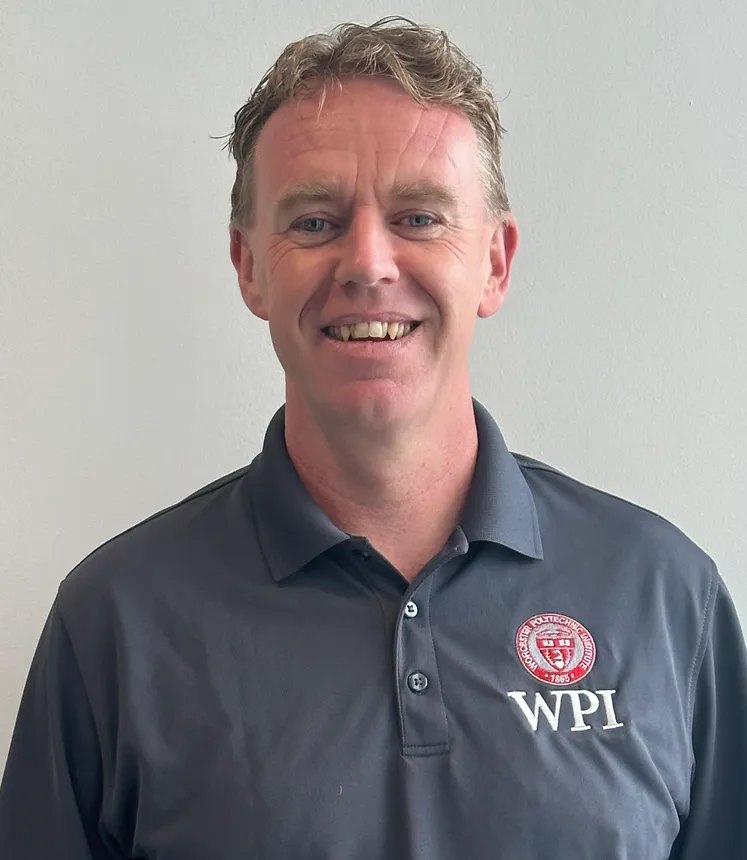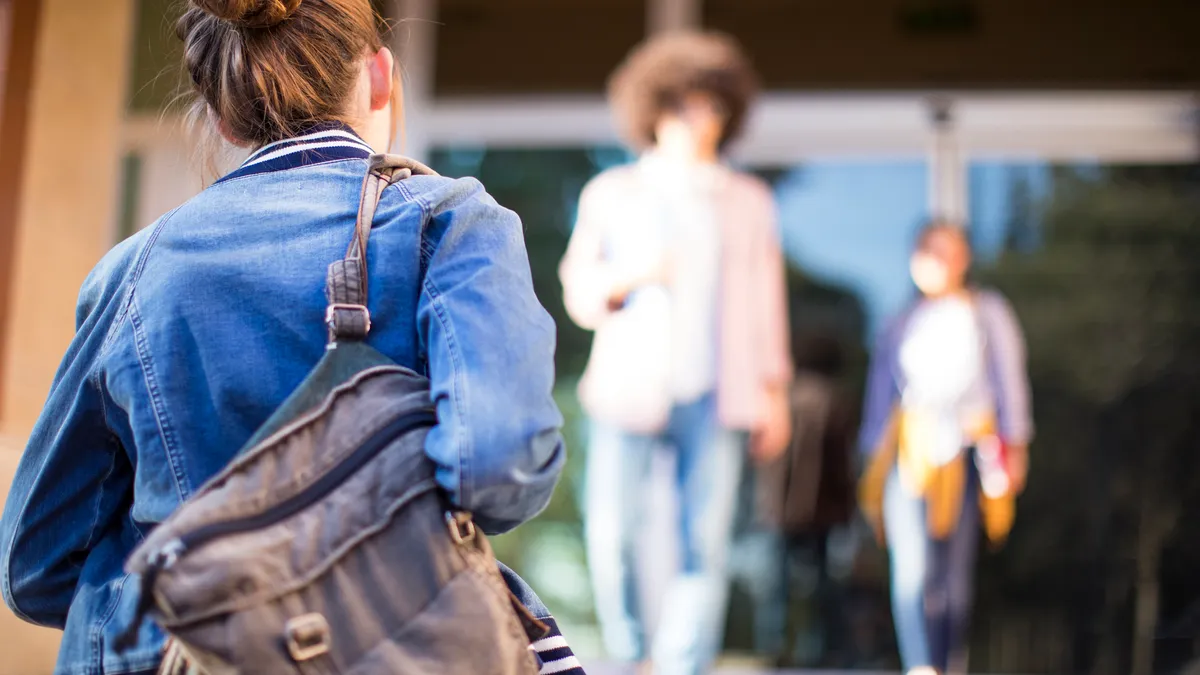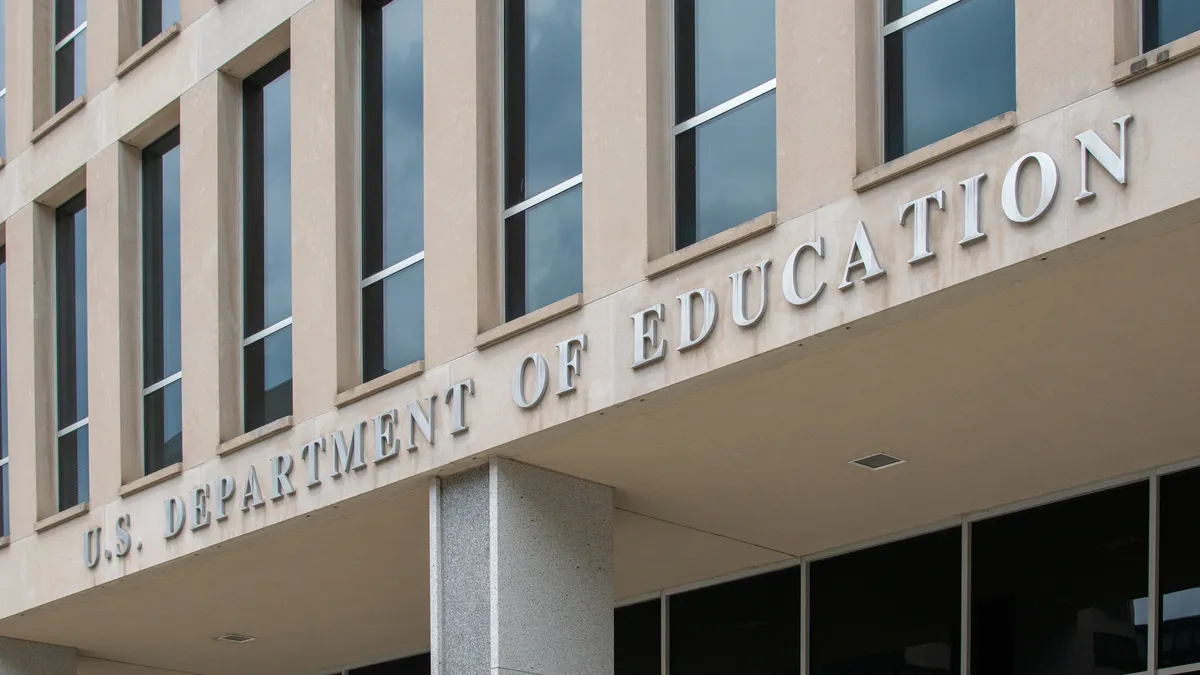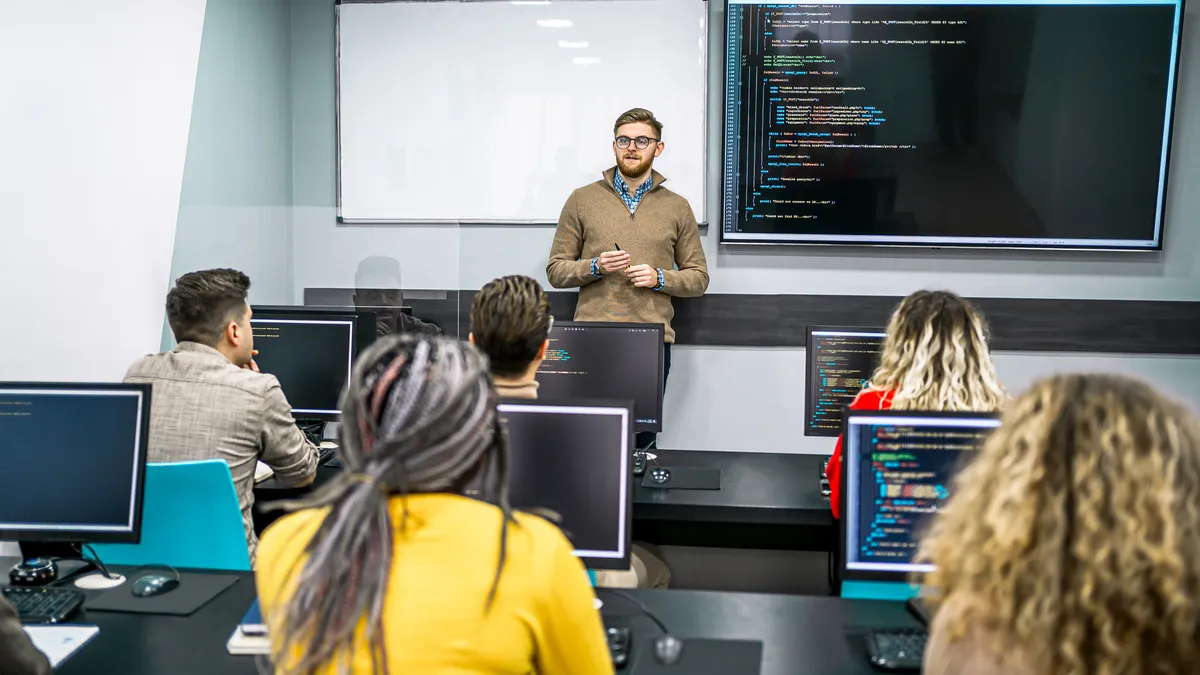Paul Reilly is the assistant dean of student success at Worcester Polytechnic Institute, a private nonprofit university in Massachusetts.
Much has been and will be written about the lasting impact of the COVID-19 pandemic on young people’s learning, mental health, social skills and ability to manage in life. And though isolation, depression and anxiety levels have been on the rise throughout the U.S. for many years, COVID-19 proved a perfect storm of mental health woes, leaving teens on shaky footing as they step onto the path toward adulthood.
For many, college is one of the most significant steps on that path. College is when they learn to stand on their own and solve their problems. College is when they blossom into fully independent beings.
When college-bound students leave the comfort and familiarity of home, many arrive on campus wanting the adults in their lives to be completely hands off. Increasingly, though, research and experience show that those adults need to be more hands-on than ever.
Those of us who work in higher education can help by filling gaps, both academic and social, that the pandemic exacerbated in today’s adolescents.

Universities need to build spaces and structure for social connections like never before. Not because today’s students are incapable of doing so on their own, but because the social connections that support academic and life success have been fractured. We have a responsibility to provide students with a strong foundation for their lives after college.
At Worcester Polytechnic Institute, where I'm the assistant dean of student success, we've done this through revamping our orientation, advising process and physical education requirement.
New student orientation programs are a vital opportunity to start students on the right foot. We now welcome to campus groups of 150 first-year students throughout the summer instead of all 1,400 simultaneously the week classes start. That helps students make meaningful connections with each other and allows university staff members time to make connections with students and their families.
This also helps to infuse students’ college experience with a genuine sense of belonging from the moment they first arrive on campus.
My colleagues and I began brainstorming this approach in early 2022 after noticing that the online course registration process was leaving many incoming students confused and overwhelmed.
That was frequently their first direct experience with our systems, and we realized students needed a smoother, less stressful way to register for classes — the focal point of their college careers. Not understanding the registration system, not knowing which level courses to take, and getting put on a waitlist for a course all contributed to student and family stress.
Instead, academic advisers now meet in small groups with their advisees — along with their parents and other family support — early in the summer, long before the fall semester begins.
Together they develop a manageable and enriching mix of courses tailored to the student’s academic background and personal interests. Advisers then manually register their advisees for all first-semester classes. And in the fall, we hold in-depth training sessions to guide students on how to navigate course registration on their own so they can successfully take responsibility for the process going forward.
Some may suggest that our approach lets students off too easily.
Registering 1,400 students individually certainly is laborious and takes a tremendous amount of staff time — but we’ve already found that the investment is worthwhile. Not only does it help us develop personalized relationships early on, it allows us to guide overambitious students who may not recognize there’s a huge leap between high school and college-level courses.
We're also able to assess student demand for specific courses and work with departments to ensure we have appropriate levels of teaching availability.
In addition, we can group students from one major in the same course section to give them even more opportunity to strengthen their connections with one another. All the chemistry majors, for instance, are in the same section of an introductory course — coordination that allows the instructor to tailor the pace and/or content of the class for those with a strong background in chemistry.
Campus life is more than classes, though, which is why we also assign every first-year student a support team that includes older students, faculty and staff to help ensure that new undergrads have the social and emotional support they need.
We also encourage first-year students to enroll in a for-credit course that introduces them to opportunities available through our Center for Well-Being, Academic Advising Office, Career Development Center and other offices at the university. This course counts toward the university’s general wellness requirement — which we recently expanded beyond a traditional physical education requirement — that all students now need to graduate. Courses such as meditation or yoga can also fulfill this wellness requirement.
It may seem counterintuitive for a STEM school known for its rigorous curriculum and fast pace to invest so much time, money and people into helping students build something as intangible as wellness skills and personal connections. But we believe universities need to adapt — just as people and institutions everywhere figured out ways both big and small to adapt during the height of COVID.
And while the global health emergency may be over, the mental health struggles the pandemic ushered in have become the norm for today’s young adults. Our world depends on this generation to learn how to develop and maintain meaningful human connections. We owe it to them to help.





















